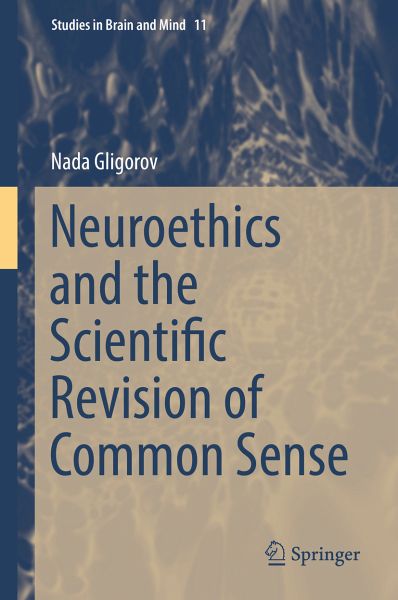
Neuroethics and the Scientific Revision of Common Sense (eBook, PDF)
Versandkostenfrei!
Sofort per Download lieferbar
40,95 €
inkl. MwSt.
Weitere Ausgaben:

PAYBACK Punkte
20 °P sammeln!
This book is focused on the examination of the particular relationship between developments in neuroscience and commonsense concepts, such as free will, personal identity, privacy, etc., which feature prominently in moral discourse. In the book common sense is recast as an ever-shifting repository of theories from many domains, including science. Utilizing this alternative characterization of common sense, the book reexamines the impact of neuroscience on commonsense moral conceptions.Neuroethics is one of the newest, developing branches of Bioethics. Topics often raised include issues of free...
This book is focused on the examination of the particular relationship between developments in neuroscience and commonsense concepts, such as free will, personal identity, privacy, etc., which feature prominently in moral discourse. In the book common sense is recast as an ever-shifting repository of theories from many domains, including science. Utilizing this alternative characterization of common sense, the book reexamines the impact of neuroscience on commonsense moral conceptions.
Neuroethics is one of the newest, developing branches of Bioethics. Topics often raised include issues of free will, personal identity and the self; the possible ethical implication of memory manipulation; brain imaging and mind-reading; brain stimulation/enhancement and its impacts on personal identity; and brain death.
Neuroethics is one of the newest, developing branches of Bioethics. Topics often raised include issues of free will, personal identity and the self; the possible ethical implication of memory manipulation; brain imaging and mind-reading; brain stimulation/enhancement and its impacts on personal identity; and brain death.
Dieser Download kann aus rechtlichen Gründen nur mit Rechnungsadresse in A, B, BG, CY, CZ, D, DK, EW, E, FIN, F, GR, HR, H, IRL, I, LT, L, LR, M, NL, PL, P, R, S, SLO, SK ausgeliefert werden.












